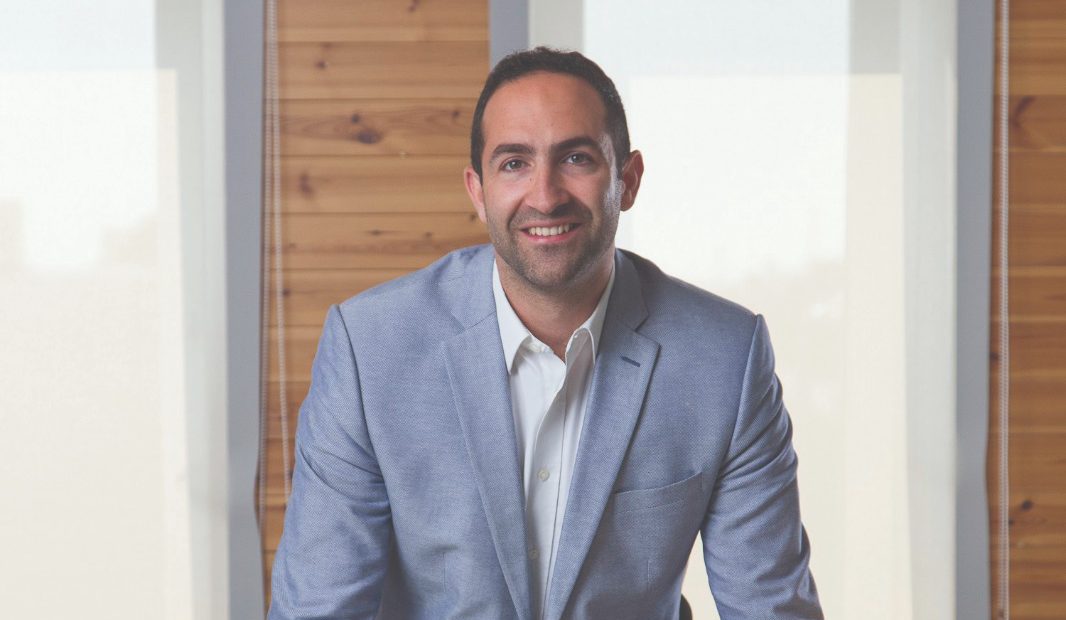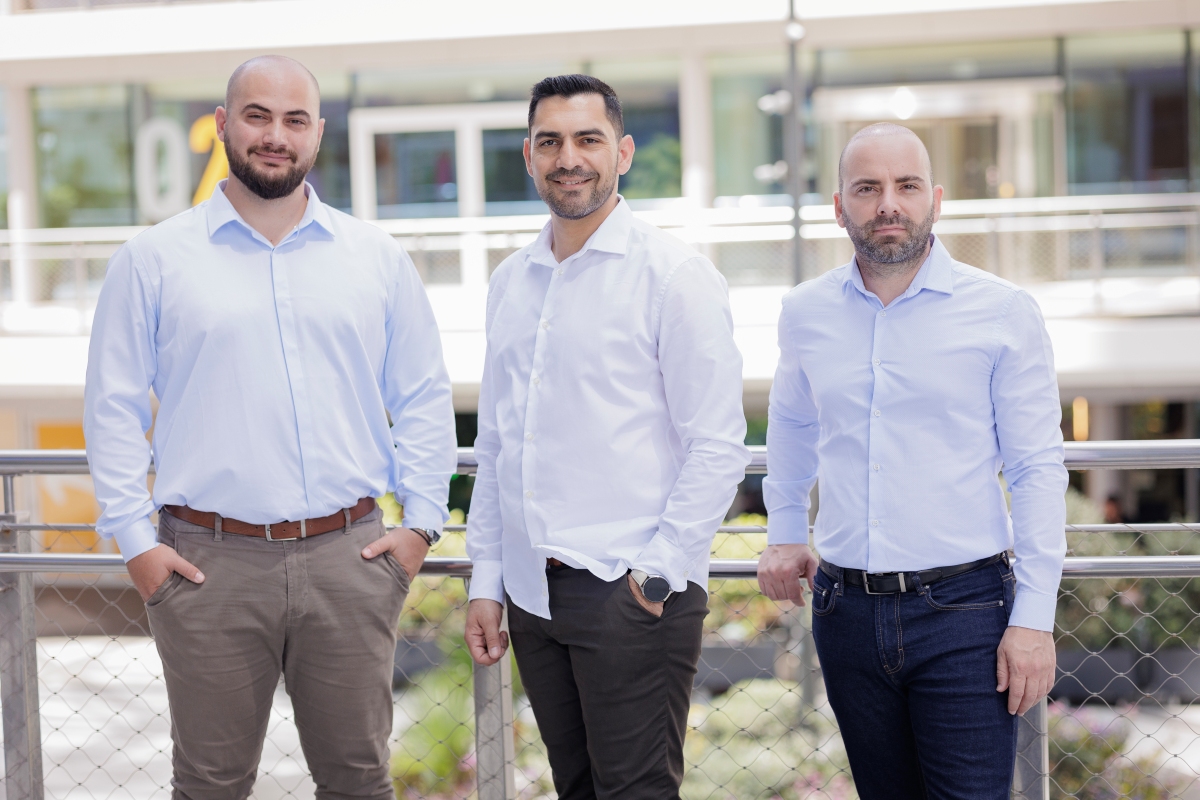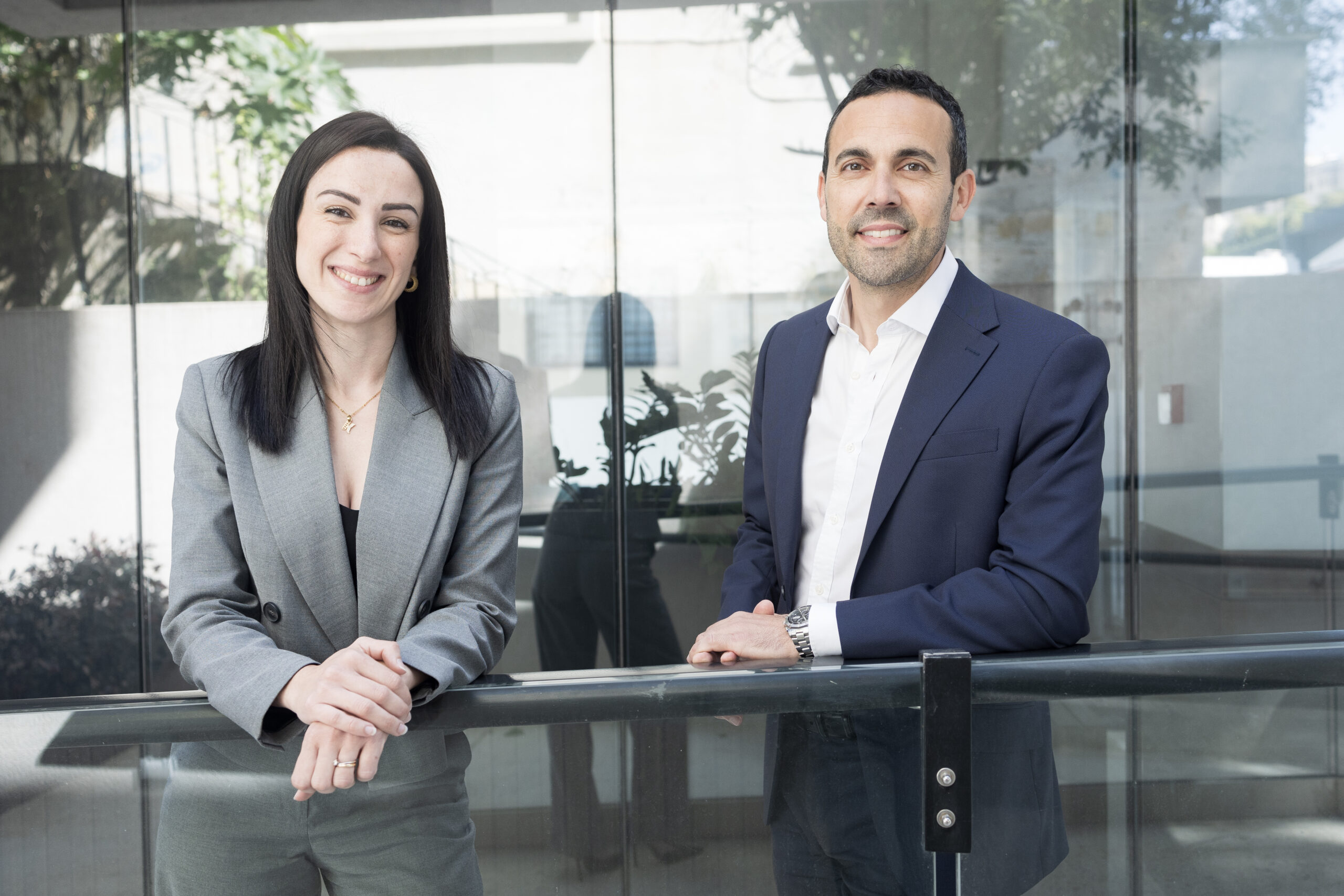As part of Thomas Cremona’s interview series on joint ventures, he had the opportunity to meet with executive director at Debono Group, Michael Debono, for his insights
After having completed his studies in the UK and China, Michael joined the family business, Debono Group, best known in Malta as the Toyota people. Since then, he has been focused on expanding the Group’s offering into the logistics, mobility and technology sectors. Michael uses his skills to build and promote innovative and sustainable solutions in the mobility scene.
What characteristics would you seek in a joint venture partner?
My thought process would start from understanding the capabilities required to ensure a successful venture. Firstly, understanding the core capabilities that Debono Group would be able to bring to the table, and identifying where any gaps may lie. Assuming that we do not possess the entire skillset required, we would be on the look-out for a partner that can bring those skills to the table and help us achieve our goal.
Besides the skillset, we would need to ensure that the potential partner fits our culture, and that we can build mutual trust. Speaking from a recent experience – where even though there was a shared vision with our partner, there was an underlying trust issue which ultimately led to the transaction falling apart – mutual trust is fundamental in any relationship.
The absence of trust, despite the merits of the business case, will not allow a successful relationship and the resulting venture to flourish. Ultimately, it boils down to finding the right partners you can trust, whose values, principles and vision align.
On the flip side, the Group had a much more positive result in another investment it made in the technology sector. This business is run by an independent and motivated team where the joint venture partners are absolutely aligned both from a business culture and a values point of view. We speak the same language. In this case, the designated team members are the ones driving it since we knew from the get-go that we could work together seamlessly.
Would you prefer a start-up or an experienced partner to joint venture with?
The innovative business models that we are seeking often come from relatively small start-ups. As a generalisation, the larger, more established companies are more averse to risk and may be less innovative. When we are approached by such start-ups, we place great importance on business alignment, mutual trust, values, principles and vision as discussed earlier.
In addition, the earlier stages of a business start-up present a higher degree of business risk. Thus, to compensate for that risk that we are prepared to take on, we may request more risk mitigation plans and some form of operational controls.
How would you seek a prospective partner or are you generally approached to form one?
It’s a mix of both – we do look for partners but we also get approached to invest in ventures together with other parties. It generally starts with the development of a strategic plan, say for the initial five years. Should we then encounter a company that we believe will speed up the process and/or enhance our chances of attaining our goal, we would initiate discussions with them.
How would you evaluate potential synergies arising from a joint venture?
Joint ventures present opportunities where enhanced value and synergies may be added across the board. It really depends on the challenges that we identify and the obstacles that we need to overcome and, if the joint venture can help to get us there, then we would be open to it.
Mentioning a recent investment, due to our Group’s years of experience in the mobility sector, we were in a position to assist a foreign partner to quickly scale through our local resources from both an infrastructure and knowledge perspective. In addition, this allowed the Group to access a new market segment.
As a company strategy do you actively pursue joint ventures?
Typically, if it’s a new space that we are entering then a joint venture would be a preferred route. This strategy limits our exposure while managing our risk and limiting our costs. This approach makes sense from a market entry point of view.
Would you prefer an acquisition or a joint venture? Why?
If it’s a new sector, we would prefer to go for a joint venture, especially when it complements our skillset. Then after two/three years of the joint venture’s operation, we would assess if we would like to dispose of our stake or possibly acquire a larger share.
How do you regularly monitor the joint venture results?
As a Group we have an approach where we generally set five clear priorities every quarter, which we believe are the 20% effort that will get us 80% of the results. Every three months, we re-group, assess what we actually achieved of those projected results, and set our priorities for the forthcoming three months.
Do you discuss potential exit strategies when forming the joint venture?
Yes, it is typically part of the joint venture agreement, including pre-emption rights and buy out options, should one party wish to buy out the other party.
What has been the best lesson you have learnt from your experience in joint venture?
Finding the right partner is definitely the most important. It is better to have long debates before setting up the joint venture, by trying to plan for multiple scenarios of what might go wrong. It is also essential to be as clear as possible with your partner at contracting stage. Thus, as the joint venture progresses, there is a guiding document to refer to. A detailed joint venture agreement also allows the parties to eliminate or, at least, reduce the risk of misinterpretation and uncertainty.
It’s relatively easy to get into a business relationship but it can prove difficult to get out of. There’s usually a lot of enthusiasm, passion and excitement as you take the joint venture to market and be the first mover. When it comes to unwinding a joint venture, it can be very complex. Emphasis on clarity at the initial stages is vital.
Any further thoughts on joint ventures?
Always find the right partner. On the basis of such experiences to date, it is the fundamental factor that will determine the success of the venture. It can be a great business opportunity, but if it’s not with the right partner, then it’s much more challenging.
This is the fourth contribution by Thomas Cremona for his joint venture series, The first, providing a high level explainer can be found here
The second, featuring an interview with Neriku Catering’s Anne Marie Zammit, can be found here
The third instalment, covering the insights of Welbee’s CEO Jonathan Shaw, can be found here
Malta’s next leap: Secured
How ESET delivers enterprise-grade security to meet Malta’s digital ambitions
Mastering the language of business: How BELS is crafting bespoke training for a dynamic economy
BELS Malta Director of Studies Arianna Muscat on how the language school helps companies equip their teams for success.
Built differently – CLA Malta offers custom solutions in a cookie-cutter landscape of tax advisory and business
Their client-centric philosophy extends far beyond conventional consultancy.







